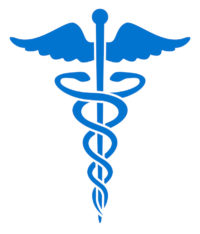Ginger is generally regarded as safe (GRAS) by the FDA for most people; mild side effects including heartburn and allergic reactions such as a rash have been reported
 Few adverse clinical symptoms attributed to ginger have been reported with ingestion of up to 6 g per day in adults (Natural Standard, 2010).
Few adverse clinical symptoms attributed to ginger have been reported with ingestion of up to 6 g per day in adults (Natural Standard, 2010).
Some people may experience mild side effects such as heartburn, diarrhea, and general stomach discomfort. Sometimes, it can cause a belching or upset stomach.
Allergic reactions to ginger may result in a rash and other skin irritations when applied directly to the skin. Mouth irritation may also result from chewing ginger. Capsules should be swallowed.
It is possible that ginger extracts may lower blood sugar. As a result, diabetes medications may require adjustment by a healthcare provider.
High doses of ginger extracts might worsen some heart conditions. Use of high doses of ginger extracts is not advised for individuals with a heart condition.
Ginger extracts may act as a blood thinner and may slow blood clotting. Taking ginger extracts along with medications that also slow clotting (such as aspirin, Plavix, ibuprofen, heparin, and warfarin) might increase the chances of bruising and bleeding.
Ginger extracts might reduce blood pressure in a way that is similar to some medications for blood pressure and heart disease. Taking ginger extracts along with these medications might cause blood pressure to drop too low.
Those suffering from inflammatory bowel diseases or ulcers should not take large amounts of ginger extracts, as they may aggravate their condition.
It is not known whether ginger extracts pass into breast milk or if it could harm a nursing baby. Consult a healthcare provider before use while breastfeeding.
In general, herbal/health supplements should not be administered to children without medical advice.
References:
- Natural Standard (2010). The Authority on Integrative Medicine: Ginger (Zingiber officinale Roscoe).